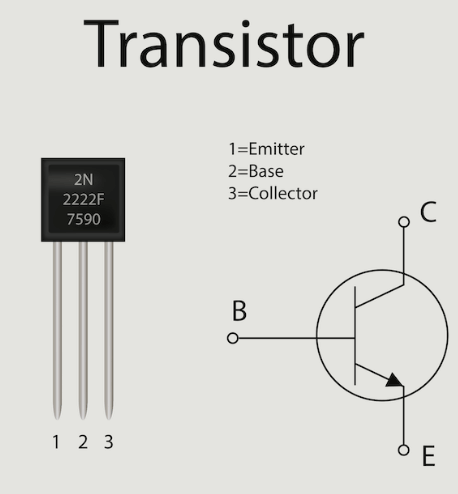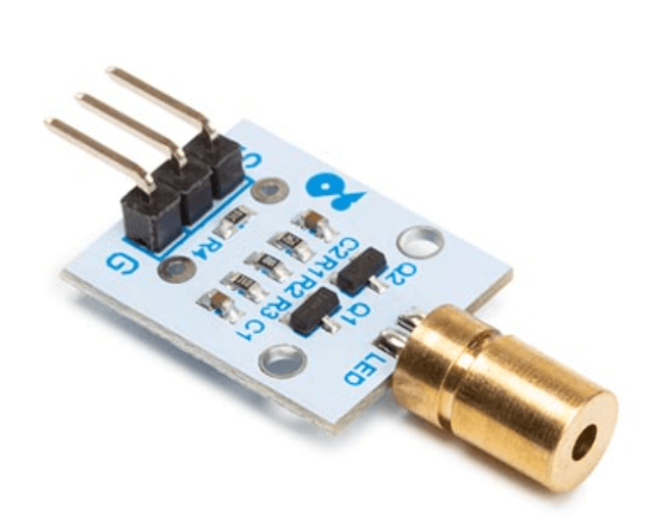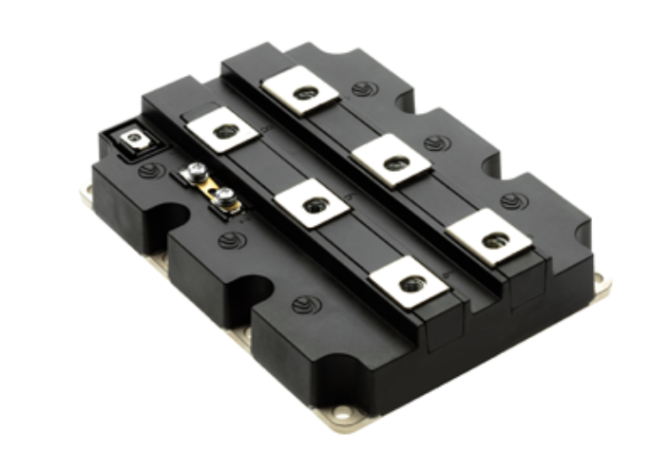I am Jody, your trusted IC chips supplier with extensive experience in providing high-quality, reliable, and innovative semiconductor solutions. Committed to excellence, I specialize in delivering authentic components, competitive pricing, and exceptional customer service to meet the needs of manufacturers, engineers, and businesses worldwide. Partner with me for your electronic component needs.
An electronic transistor is a semiconductor device used to amplify or switch electronic signals and electrical power. It is one of the most fundamental building blocks of modern electronics, playing a key role in everything from small gadgets to complex computer systems. This guide will break down what transistors are, how they work, their types,…
An RF (Radio Frequency) transceiver module is an integrated electronic device that combines both a transmitter and a receiver to enable bidirectional wireless communication. These modules are fundamental to modern wireless systems, facilitating applications ranging from simple remote controls to complex IoT networks. This article explores the architecture, functionality, design considerations, and applications of RF transceivers, providing…
Laser modules are compact, integrated devices that generate coherent, focused light beams through stimulated emission. Widely used across industries, they offer precision and versatility. This guide explores their components, types, applications, selection criteria, safety, maintenance, and future trends. 1. Basics of Laser Modules 1.1 Definition A laser module combines a laser diode, driver circuit, optics,…
Insulated Gate Bipolar Transistor (IGBT) modules are pivotal in modern power electronics, combining the high-speed switching of MOSFETs with the high-current handling capabilities of bipolar junction transistors (BJTs). These modules are integral in applications requiring efficient power control, such as electric vehicles (EVs), renewable energy systems, and industrial motor drives. By enabling precise control over…
Power modules are integral components in modern electronics, responsible for efficient power conversion, regulation, and distribution. They simplify complex power management tasks, enabling devices to operate reliably across industries such as automotive, renewable energy, and consumer electronics. This guide explores their components, types, applications, and future trends. Key Components of Power Modules Power Semiconductors: MOSFETs:…
SRAM (Static Random-Access Memory) ICs (Integrated Circuits) are semiconductor devices designed for high-speed data storage and retrieval. Unlike DRAM (Dynamic RAM), SRAM retains data without periodic refresh cycles, making it ideal for applications requiring low latency and deterministic performance. This guide explores SRAM ICs’ technical foundations, use cases, and industry trends. How SRAM ICs Work…
NOR Flash Integrated Circuits (ICs) are a type of non-volatile memory that retains data without power. Renowned for random access capabilities, NOR Flash is ideal for applications requiring direct code execution, such as firmware storage in embedded systems. This guide explores NOR Flash’s history, architecture, applications, and future trends. History NOR Flash was invented by…
NAND Flash is a non-volatile storage technology that retains data without power. It dominates modern storage solutions due to its high density, cost-effectiveness, and scalability. Key applications include Solid-State Drives (SSDs), USB drives, memory cards (SD, microSD), and embedded systems in smartphones, IoT devices, and industrial equipment. 2. Historical Evolution 1984: Dr. Fujio Masuoka of…
Ferroelectric Random-Access Memory (FRAM) is a non-volatile memory technology that combines the speed of RAM with the persistence of flash memory. Unlike traditional storage solutions, FRAM leverages the unique properties of ferroelectric materials to deliver high endurance, fast write speeds, and low power consumption. This guide explores FRAM’s workings, applications, advantages, and future potential. How…
First-In, First-Out Integrated Circuits (FIFO ICs) are essential components in digital systems, acting as buffers to manage data flow between subsystems with differing speeds or operating clocks. This guide explores their structure, types, applications, and design considerations, providing a thorough understanding for engineers and enthusiasts. Basic Structure of FIFO ICs A FIFO IC comprises several…









